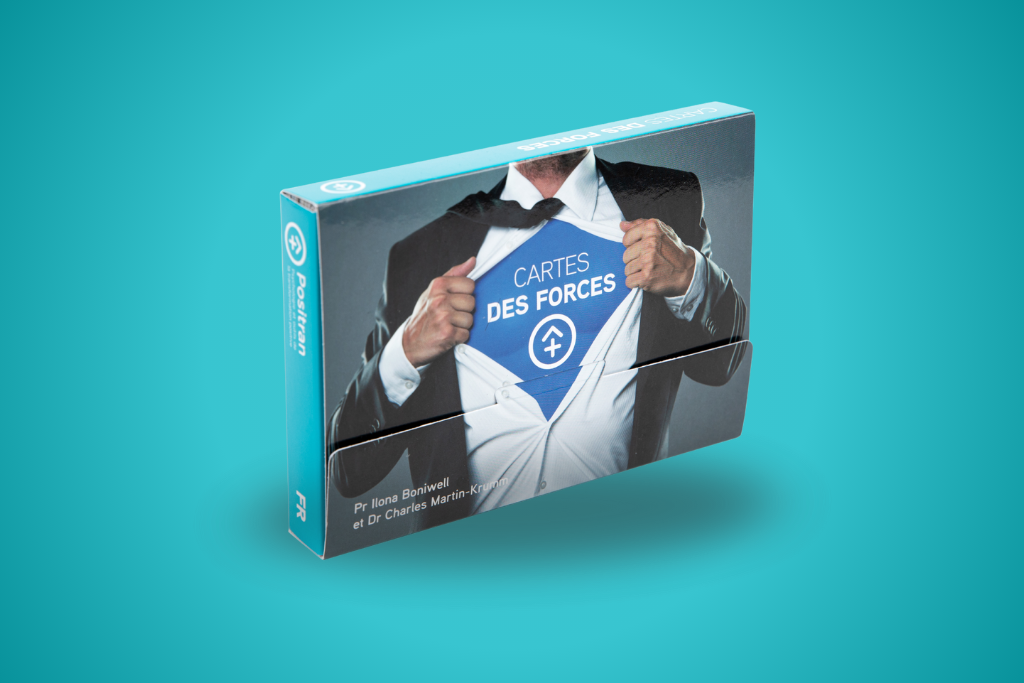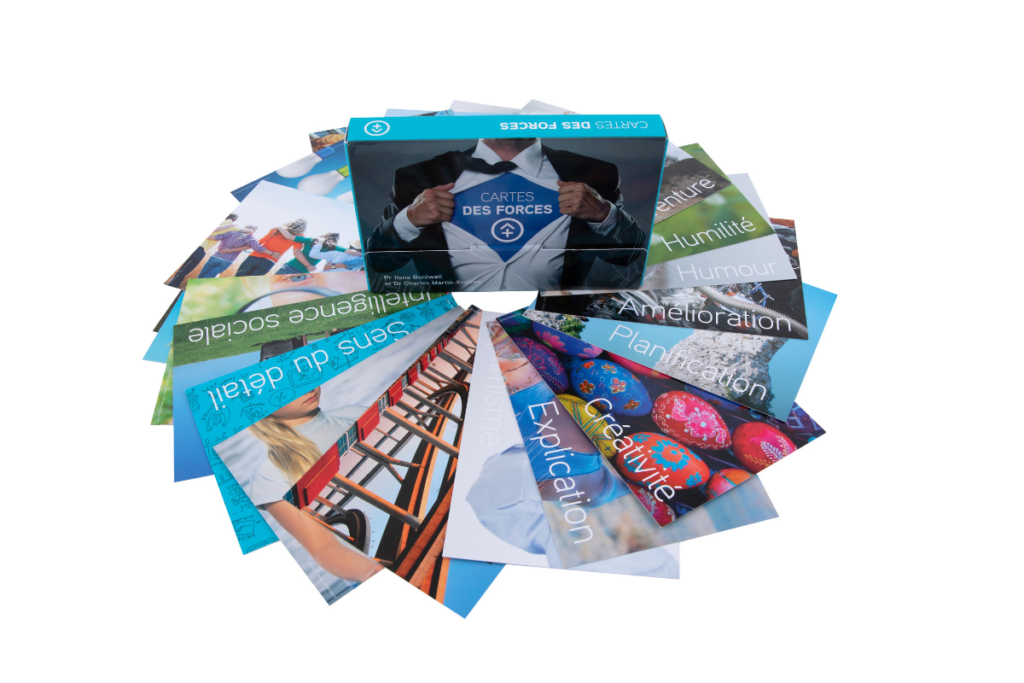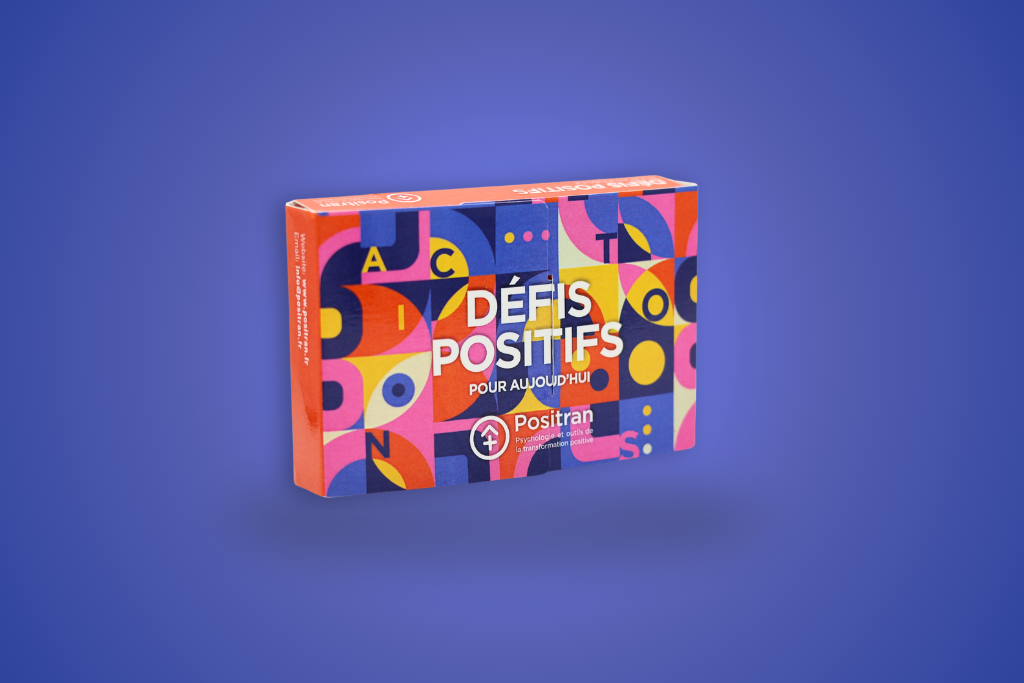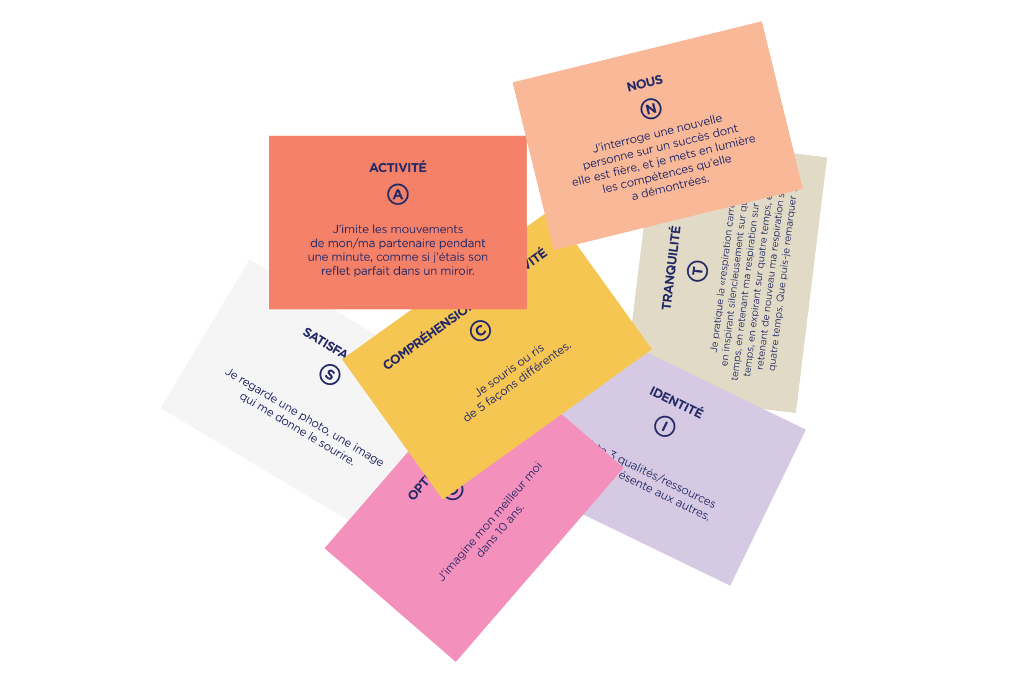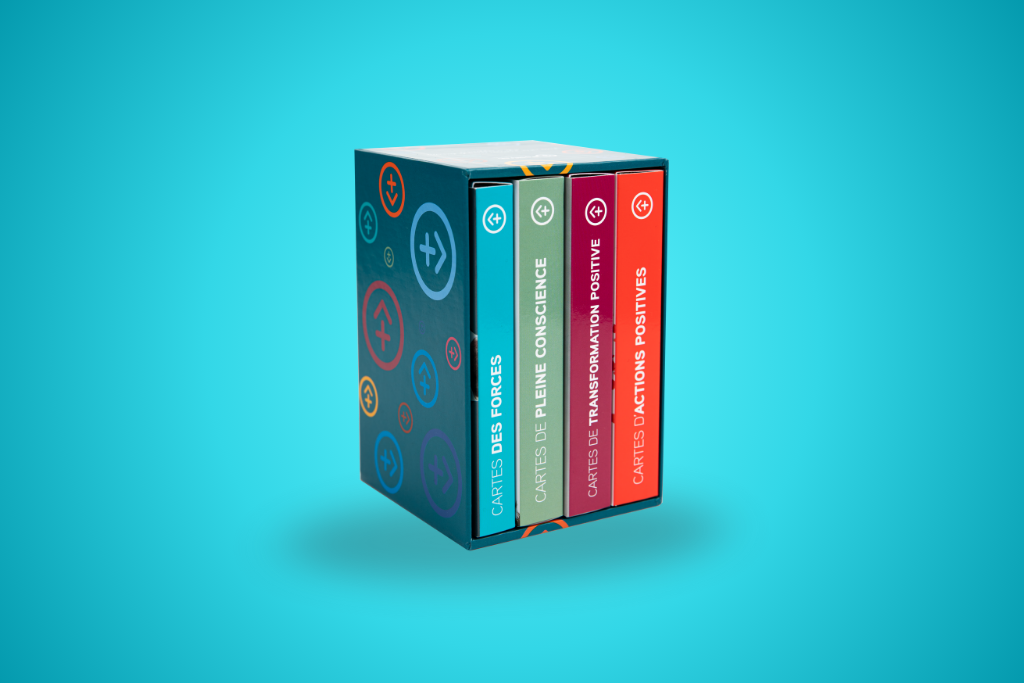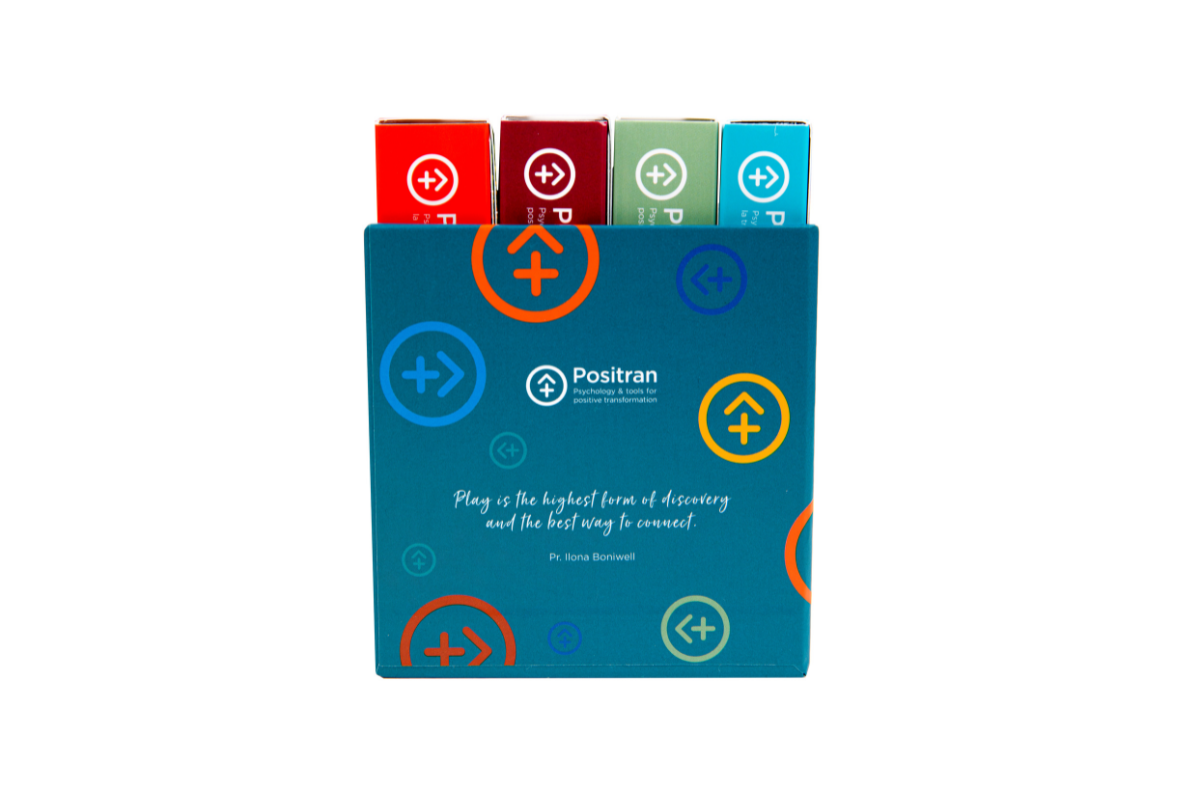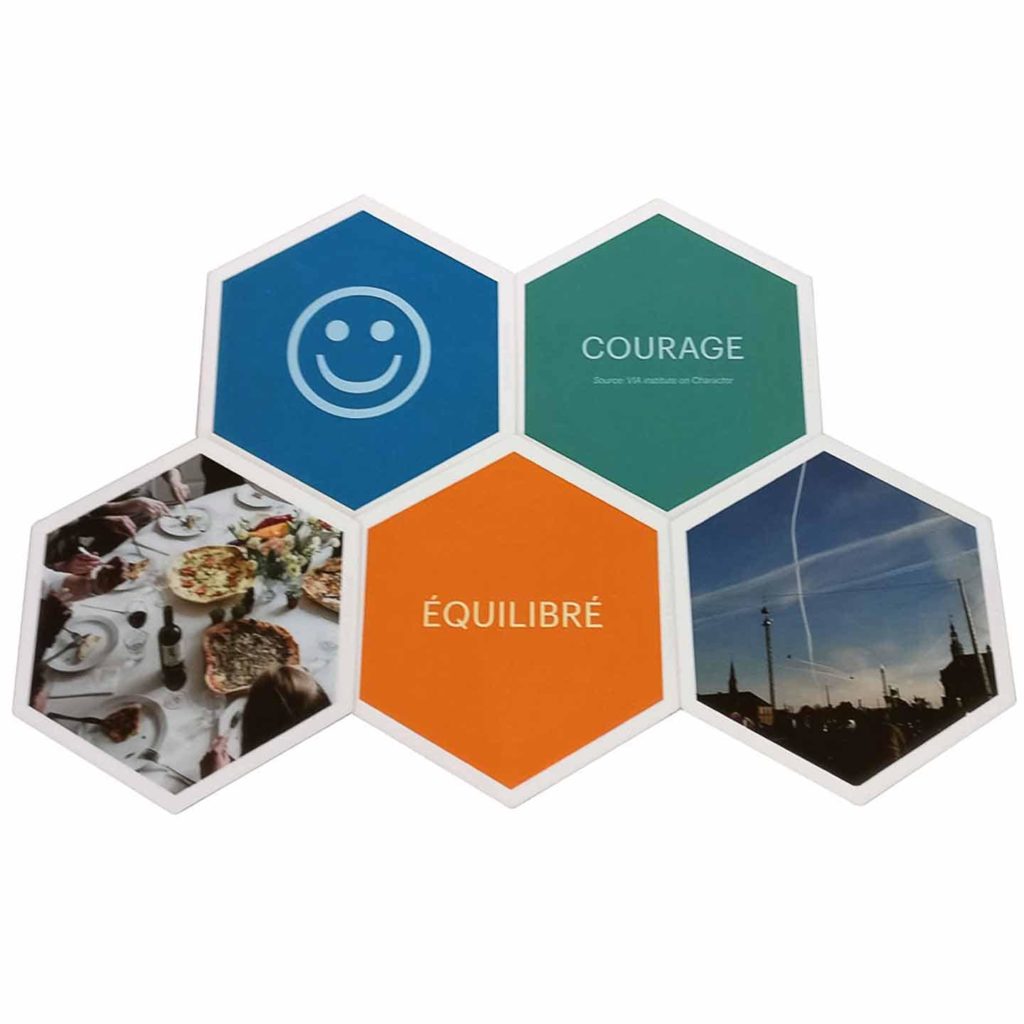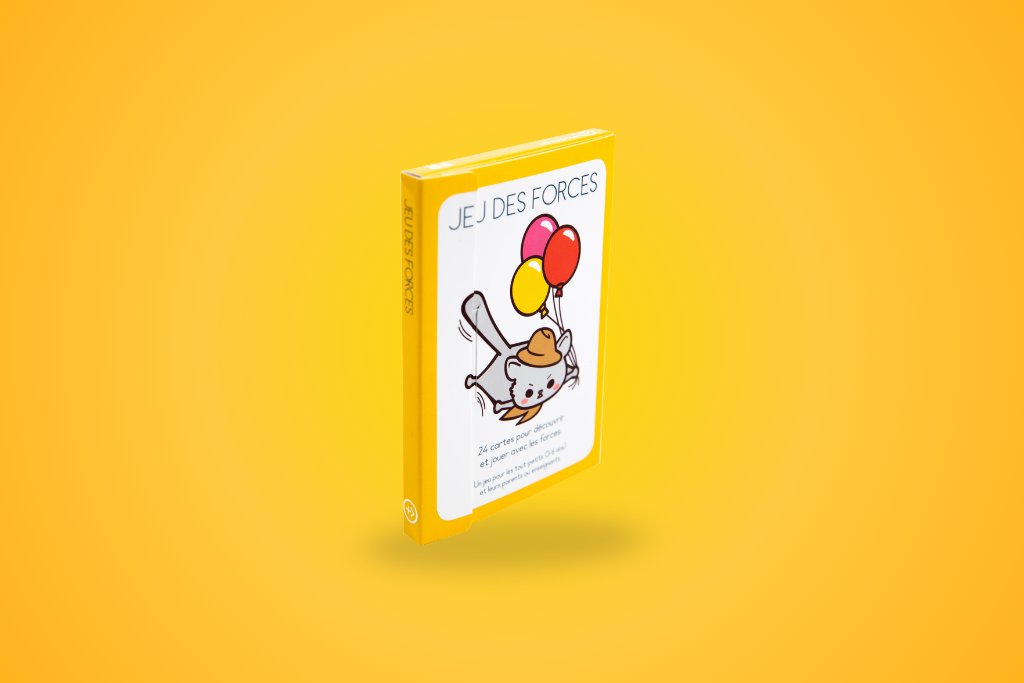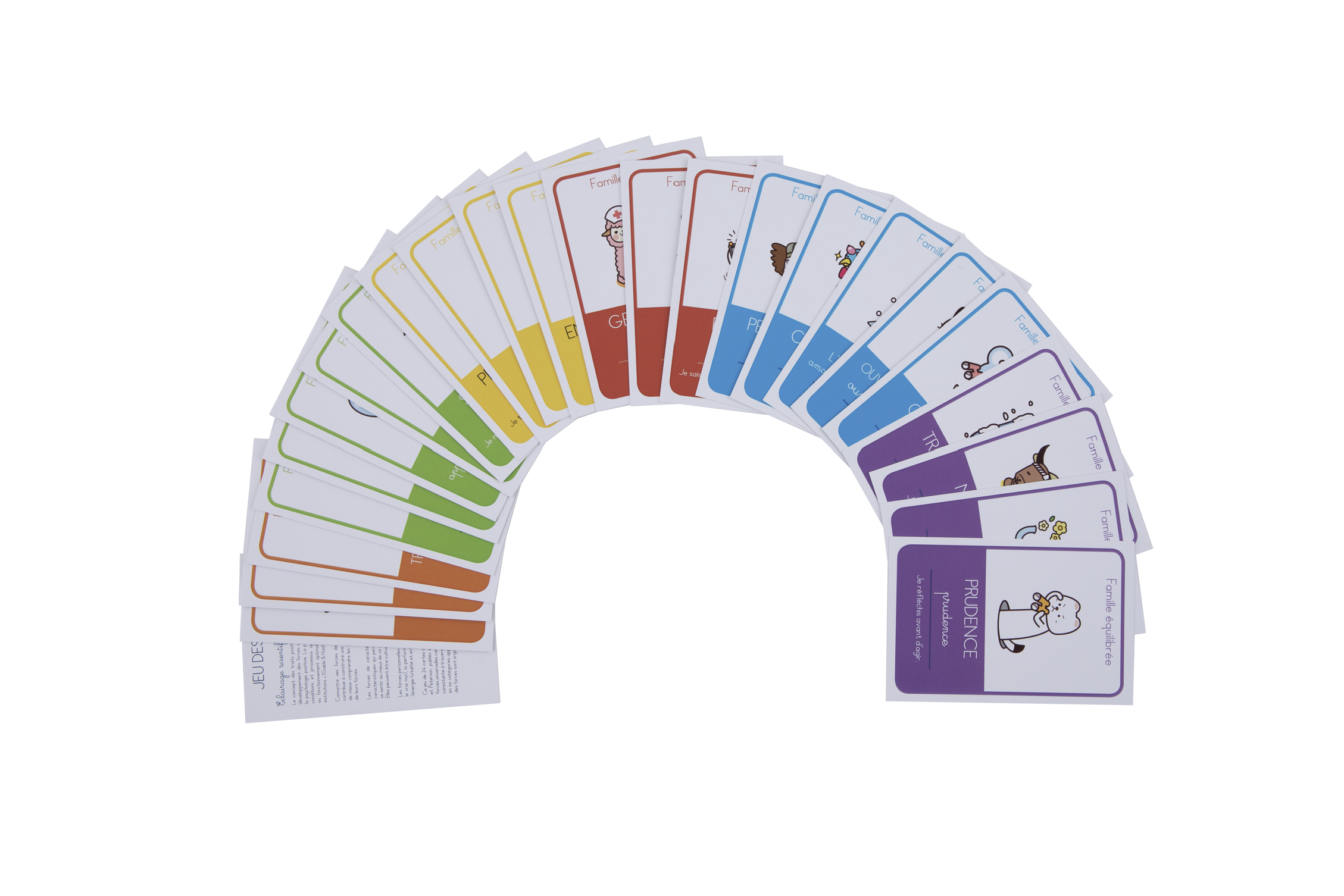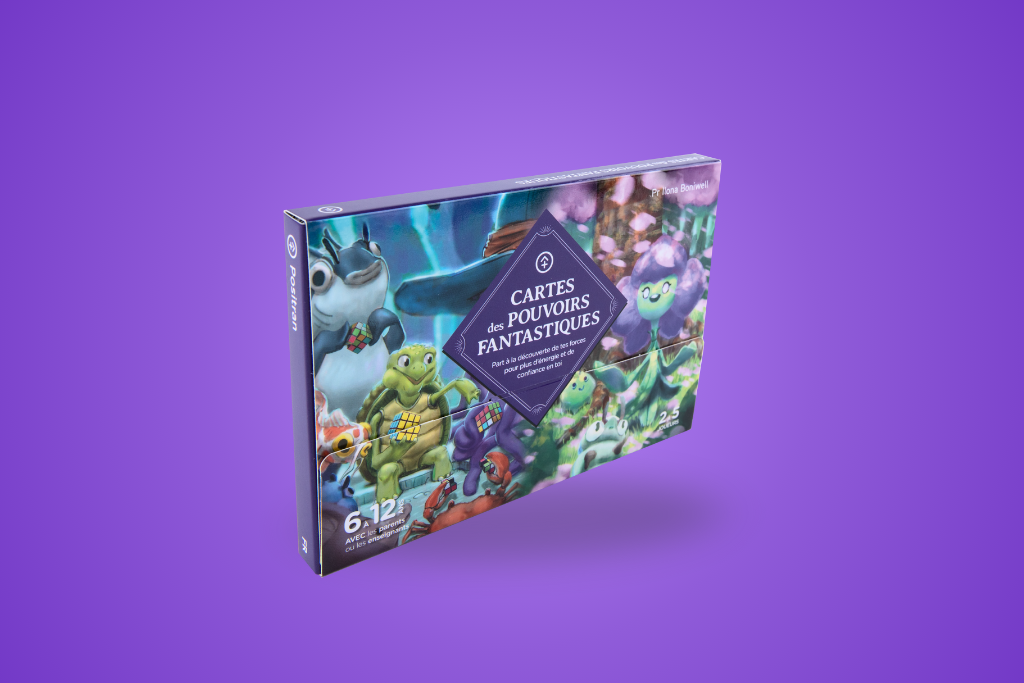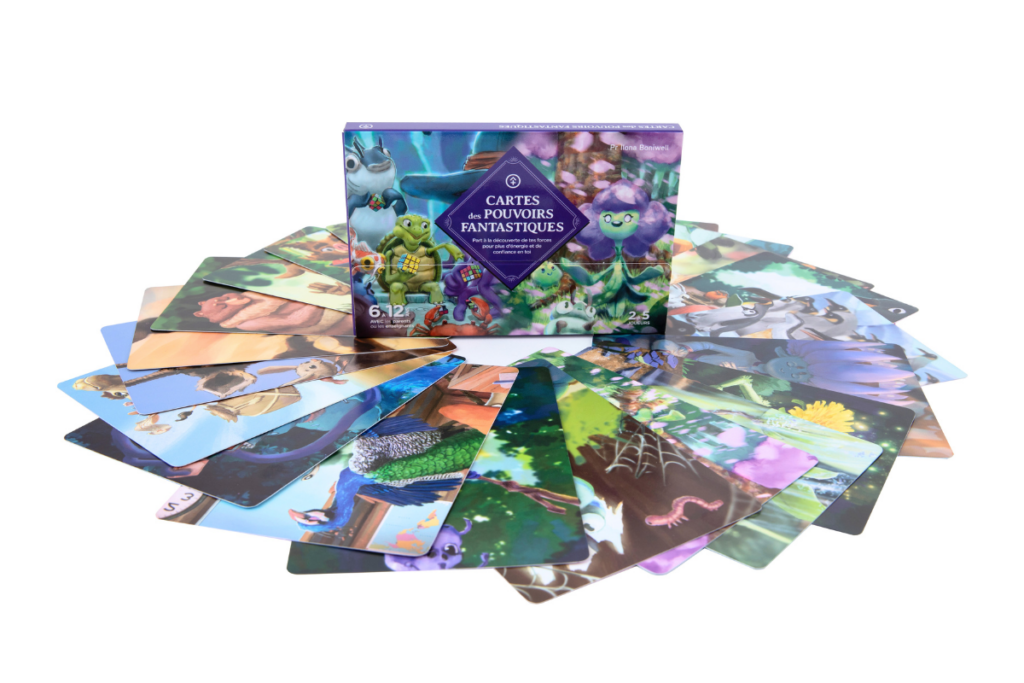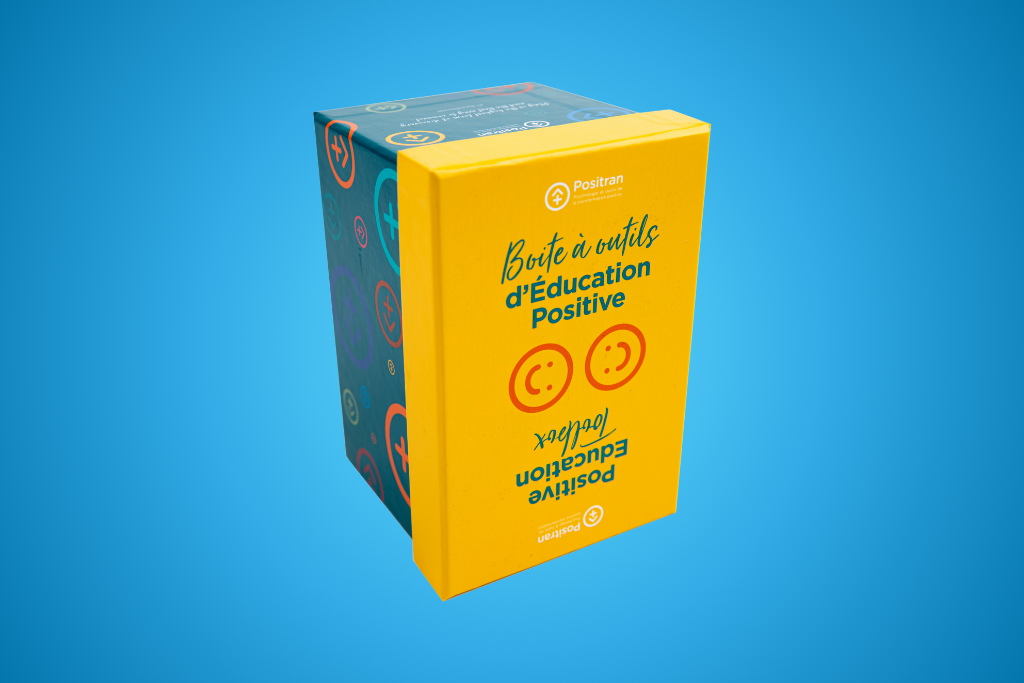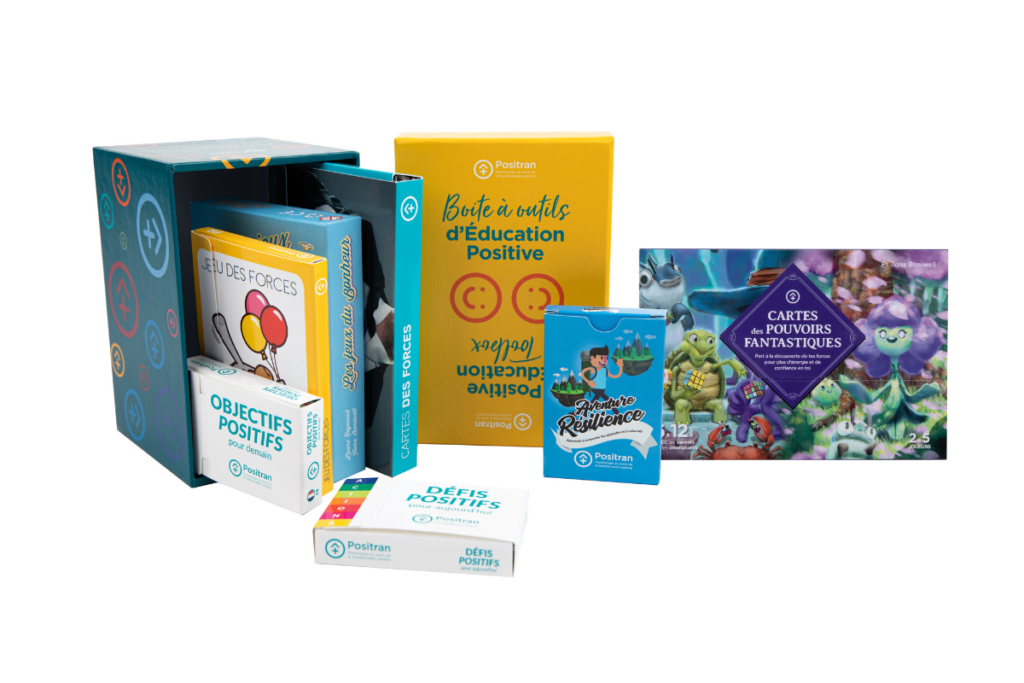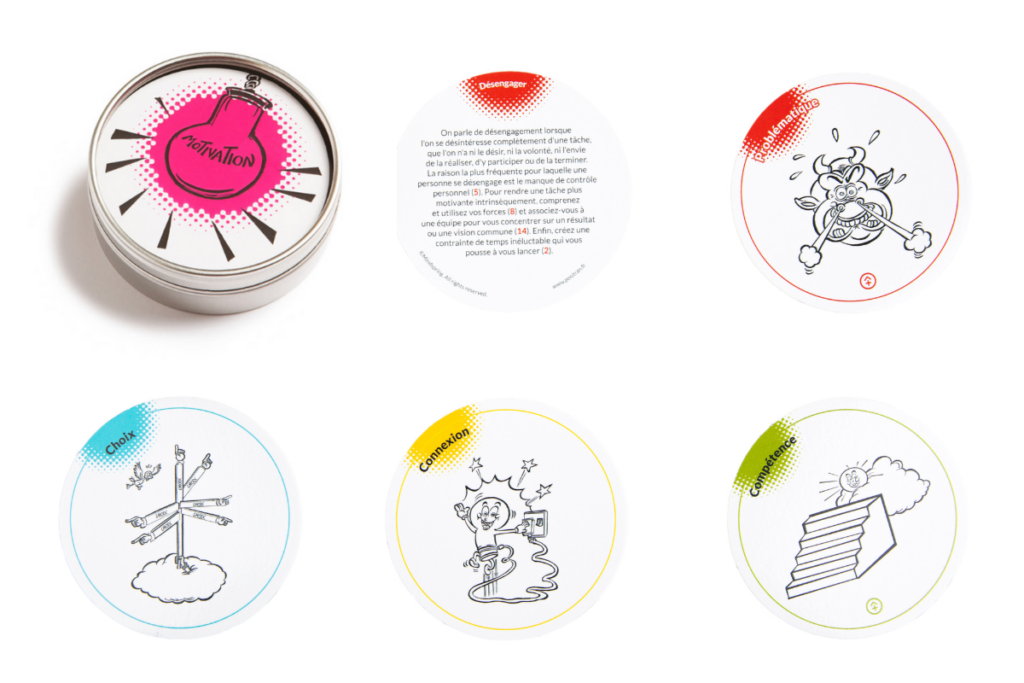Positran conçoit des outils d'accompagnement sous forme de jeux interactifs fondés sur la recherche scientifique et développe des programmes de formation pour optimiser la performance, l'engagement et le bien-être des groupes et des individus dans leurs entreprises.
1999
Experts en psychologie positive depuis
50 000+
Professionnels formés par Positran
130+
Entreprises accompagnées
96%
Notre taux de satisfaction moyen
La certification qualité a été délivrée au titre de la catégorie d’actions suivantes :
Actions de formation.

La certification qualité a été délivrée au titre de la catégorie d’actions suivantes :
Actions de formation.

Nos activités
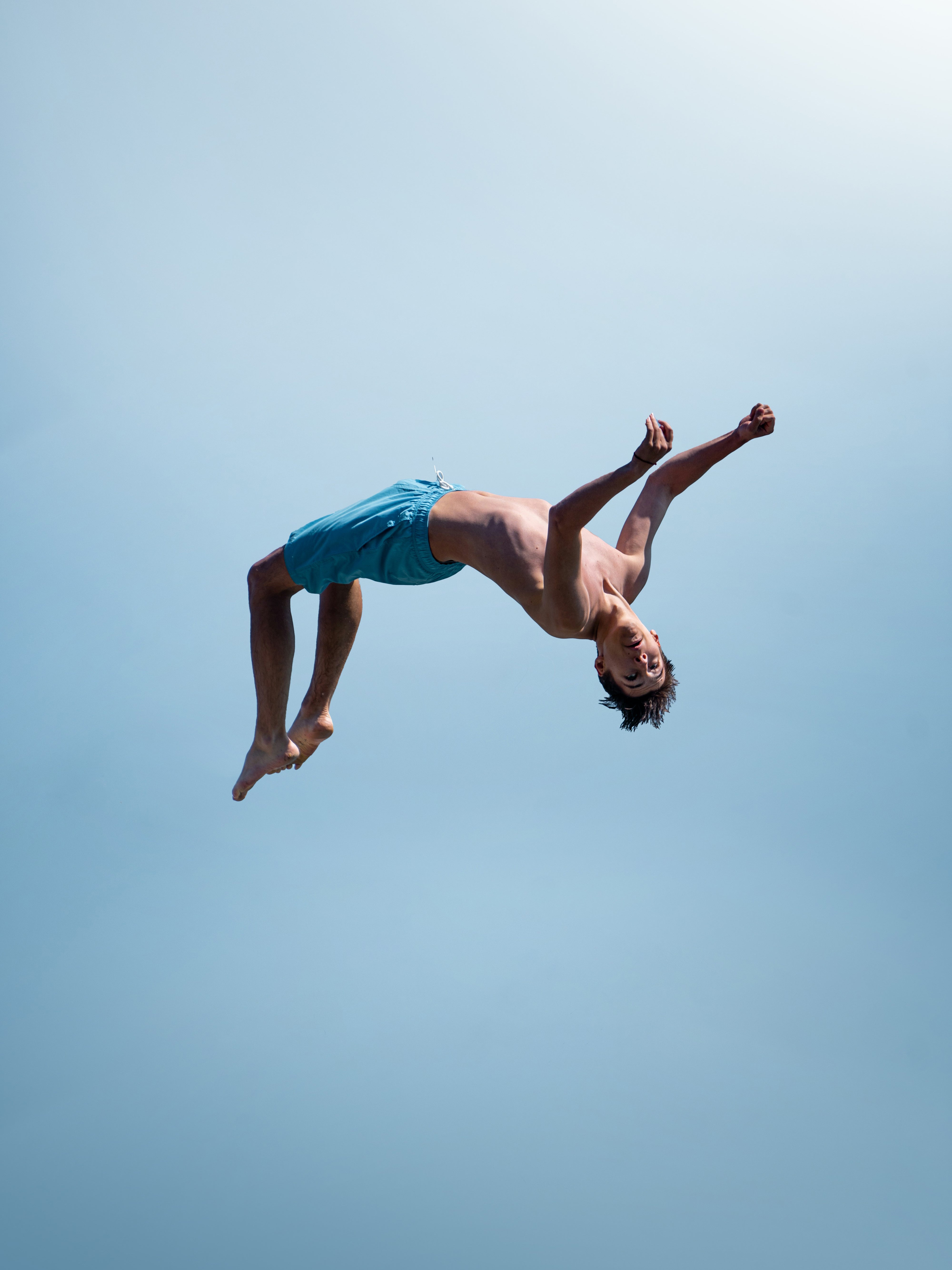
JEUX & OUTILS
20 outils ludiques pour stimuler la motivation individuelle et développer des dynamiques collectives.
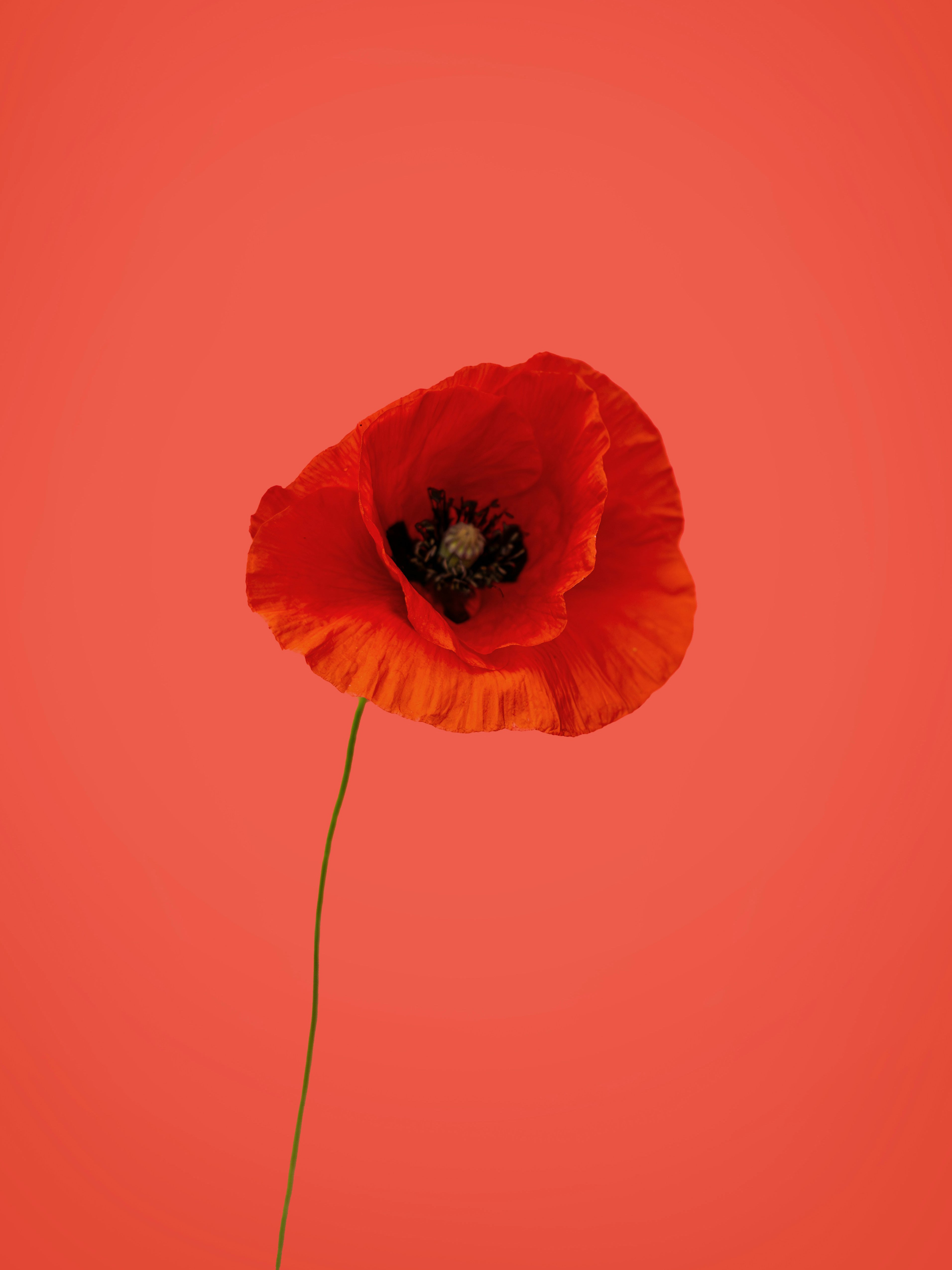
FORMATIONS
Des parcours pratiques pour développer l'approche managériale et les compétences comportementales.

DIAGNOSTICS
Des diagnostics scientifiques pour évaluer le potentiel de vos équipes et organisations afin d'éclairer vos décisions.
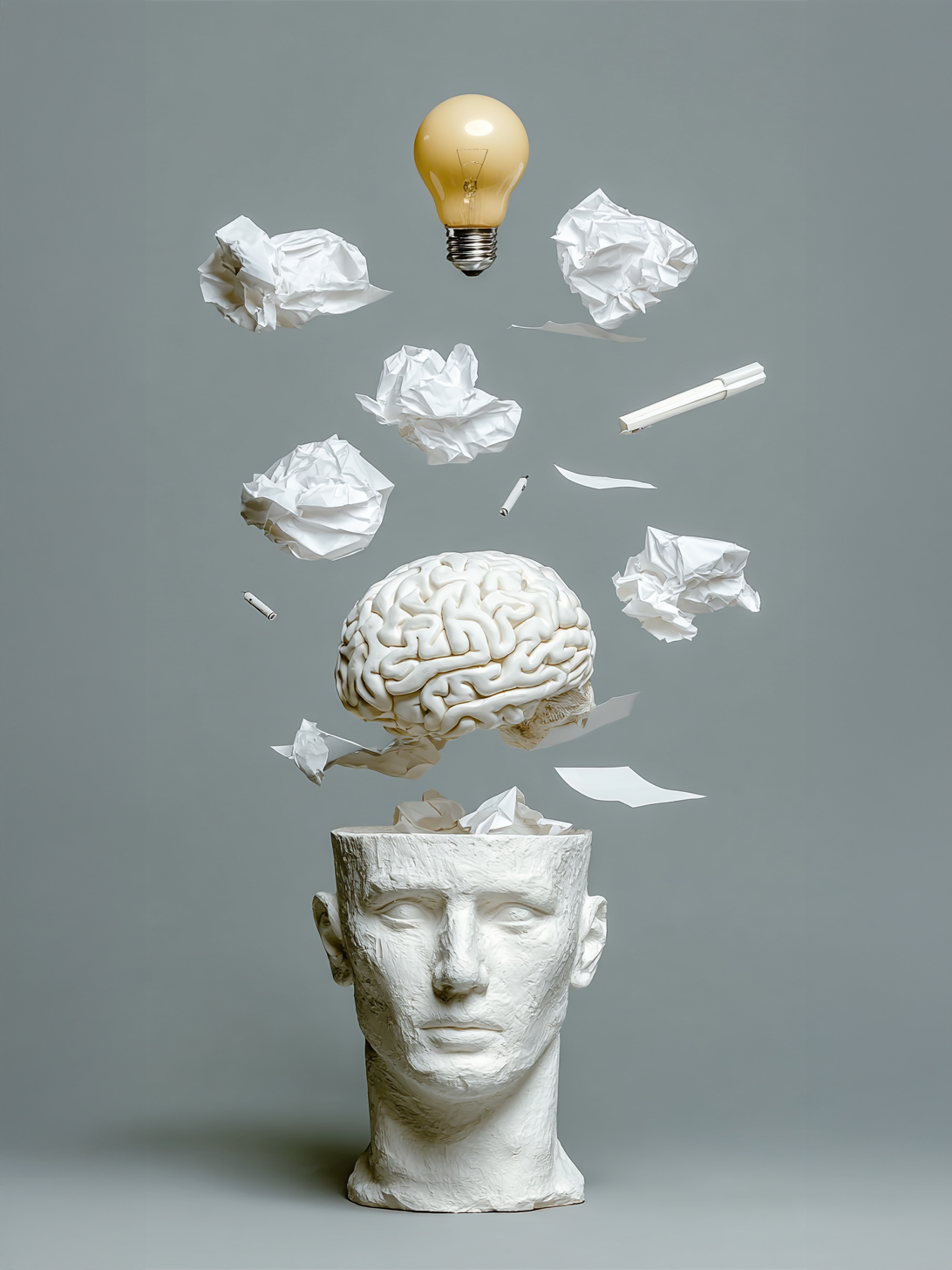
CONSULTING
Vous accompagner pour transformer votre culture d'entreprise pour répondre à vos objectifs de changement.
Ils nous font confiance




















Nos outils incontournables
Nos dernières actualités

Strengths Advent Calendar 2025
Strengths advent calendar: 25 years of working with strengths I have decided to dedicate this Advent Calendar to strengths capturing some of the most precious tips, questions, scientific discoverie...
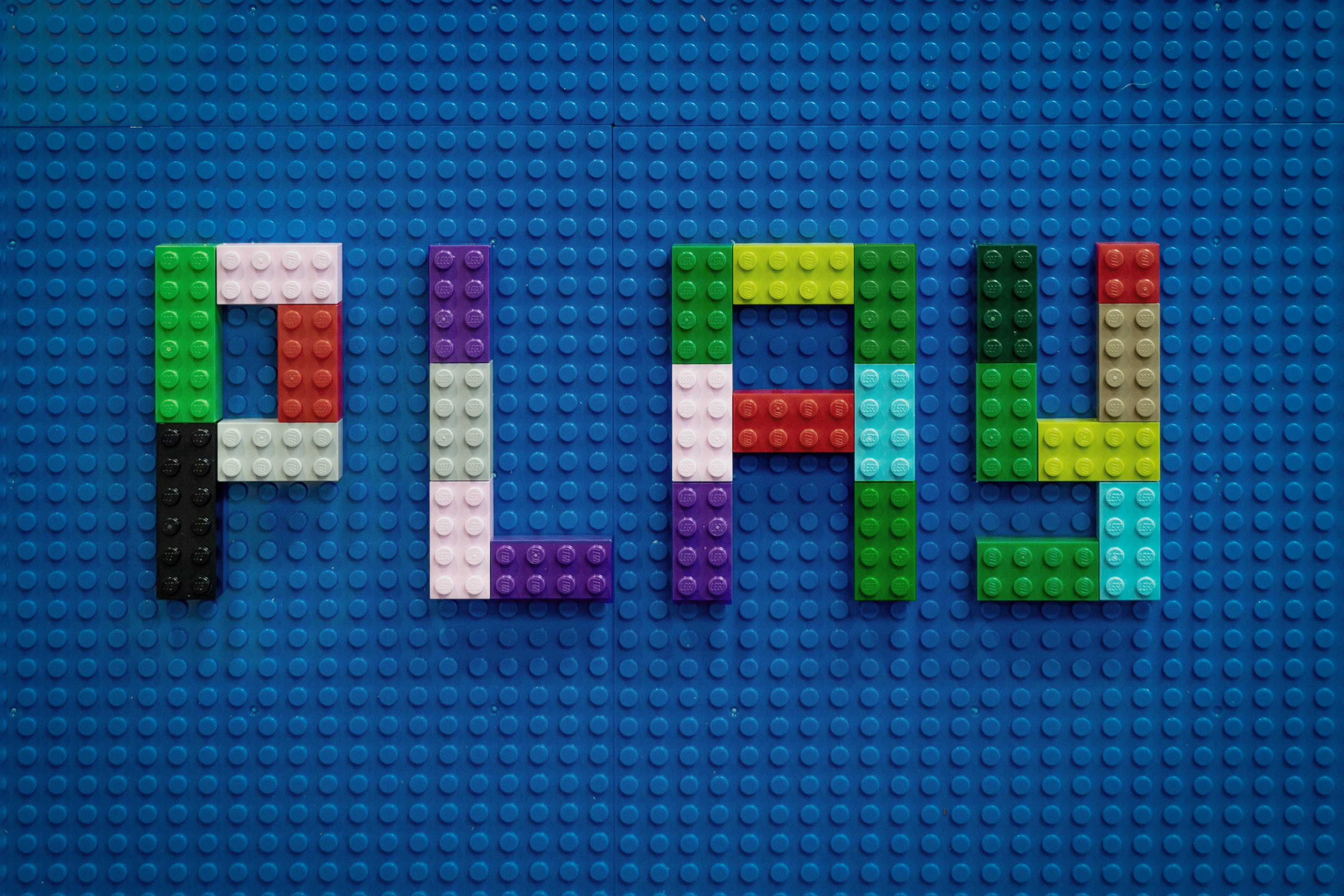
Explorer la psychologie positive avec LEGO® SERIOUS PLAY®
Guides pas à pas Durée : 1 journéeParticipants : 4 à 10 personnesMatériel : Un kit de démarrage LEGO® SERIOUS PLAY® ou un sac d’exploration par participant, ainsi qu’un kit Identity and Landscap...

7 pratiques pour renforcer sa résilience au quotidien
Nous avons réuni dans un jeu de 64 cartes les interventions les plus solides de la psychologie positive, toutes validées par la recherche scientifique. Ces 64 activités sont regroupées sous l’acron...
